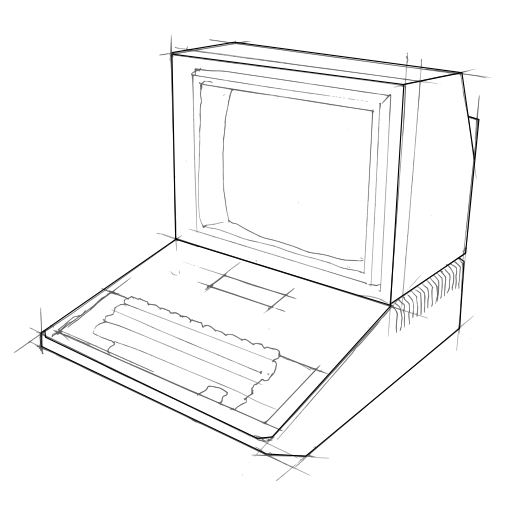-
Some people believe that a computational model of reality is the best model.
-
In this model, reality itself is assumed to be a mathematical process. It is a mathematical system sufficient to describe the set of natural numbers.
-
Therefore Gödel's incompleteness theorms apply to this model of reality.
-
Therefore in such a model of reality you can never prove the consistency of the model from within the model.
-
Additionally, there are true statements within this model which are not provable.
-
This means that such a model of reality cannot possibly contain a nested copy of itself, a perfect predictive model of reality/itself, since such a nested model would allow you to break both of the incompleteness theorems.
-
I think that this is proof that any computational or mathematical model of reality paradoxically excludes itself from ever being a perfect model of reality. This probably applies to all mathematical models of our reality, including any Grand Unified Theory.
We can never come up with a mathematical model of reality that is 100% predictive and accurate.
